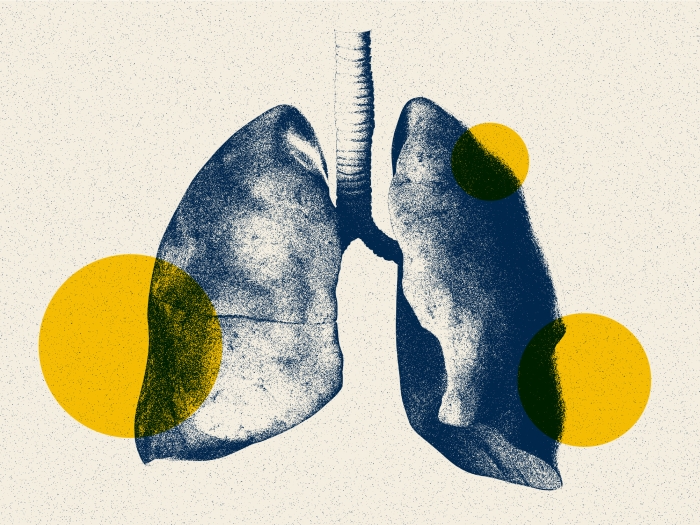Lead Research Communicator
Malcom is a lead research communicator for Michigan Medicine and research communications strategist for the U-M Medical School, with more than 20 years of experience in strategic communications, marketing, and health and science writing. She covers the basic science departments, pulmonary and critical care medicine, infectious disease, pathology and anesthesiology. Contact: [email protected]


News Release
Gilbert S. Omenn, M.D., Ph.D., and his wife, Martha A. Darling, have made a generous gift of $25 million to the Department of Computational Medicine and Bioinformatics (DCMB) within the University of Michigan Medical School.

Health Lab
A study hints at how complex introducing yourself to another can be, using a mouse model to uncover the brain processes behind nonsexual social approach and contact.
News Release
Three U-M investigators—Changyang Linghu, Longhua Guo and Sundeep Kalantry—have been acknowledged by the National Institutes of Health’s (NIH) prestigious High-Risk, High-Reward Research program.

Health Lab
A therapeutic developed by Michigan Medicine's Michelle Hastings, Ph.D., is now being used to treat twin girls with a rare form of juvenile Batten disease.

Health Lab
A study shows that disulfiram, known for causing severe hangover symptoms by blocking alcohol breakdown, also inhibits the inflammatory NLRP3 complex.

Health Lab
Rehabilitation can help patients who are recovering from an injury or illness. However, new data suggests patients hospitalized for chronic obstructive pulmonary disorder, or COPD, aren't receiving it.

Health Lab
Investigators at Michigan Medicine, who are studying the nature of consciousness, have successfully used the drug to identify the intricate brain geometry behind the unconscious state, offering an unprecedented look at brain structures that have traditionally been difficult to study.

Health Lab
In a JAMA research letter, Medicare and Medicaid claims data were used to estimate the greenhouse gas emissions of inhalers using propellants versus those that are propellant-free in the United States.

Health Lab
Researchers examined how a pathology explanation clinic, or PEC, could improve the experience of a small group of patients newly diagnosed with prostate cancer.
News Release
Amy Kilbourne, PhD, MPH, Associate Chair for Research and Professor of Learning Health Sciences at U-M Medical School has been appointed Executive Director of Health Systems Research for the U.S. Department of Veterans Affairs Health System, effective June 30, 2024.

Health Lab
How a gene for obesity affects the brain: The discovery could lead to new treatments for metabolic diseases with fewer side effects

Health Lab
The pediatric spinal anesthesia program offers a needle-based technique that provides sensory and motor block without the need for intubation or general anesthesia for pediatric surgical procedures below the belly button. This means the patient will not feel anything below chest level.
News Release
The multi-institution grant will establish a novel approach to identify individuals at increased risk of hip fragility fractures.

Health Lab
Michigan Medicine research finds that patients with chronic pain who use either substance may find it harder to find primary care physician than those who don’t.

News Release
A new NIH award will establish the Michigan Infectious Disease Genomics (MIDGE) Center, the goal of which is to use whole genome sequencing and functional genomic assays to determine how genetic differences among strains or isolates affect the behavior, transmission, and drug resistance of viral, bacterial, and fungal pathogens.